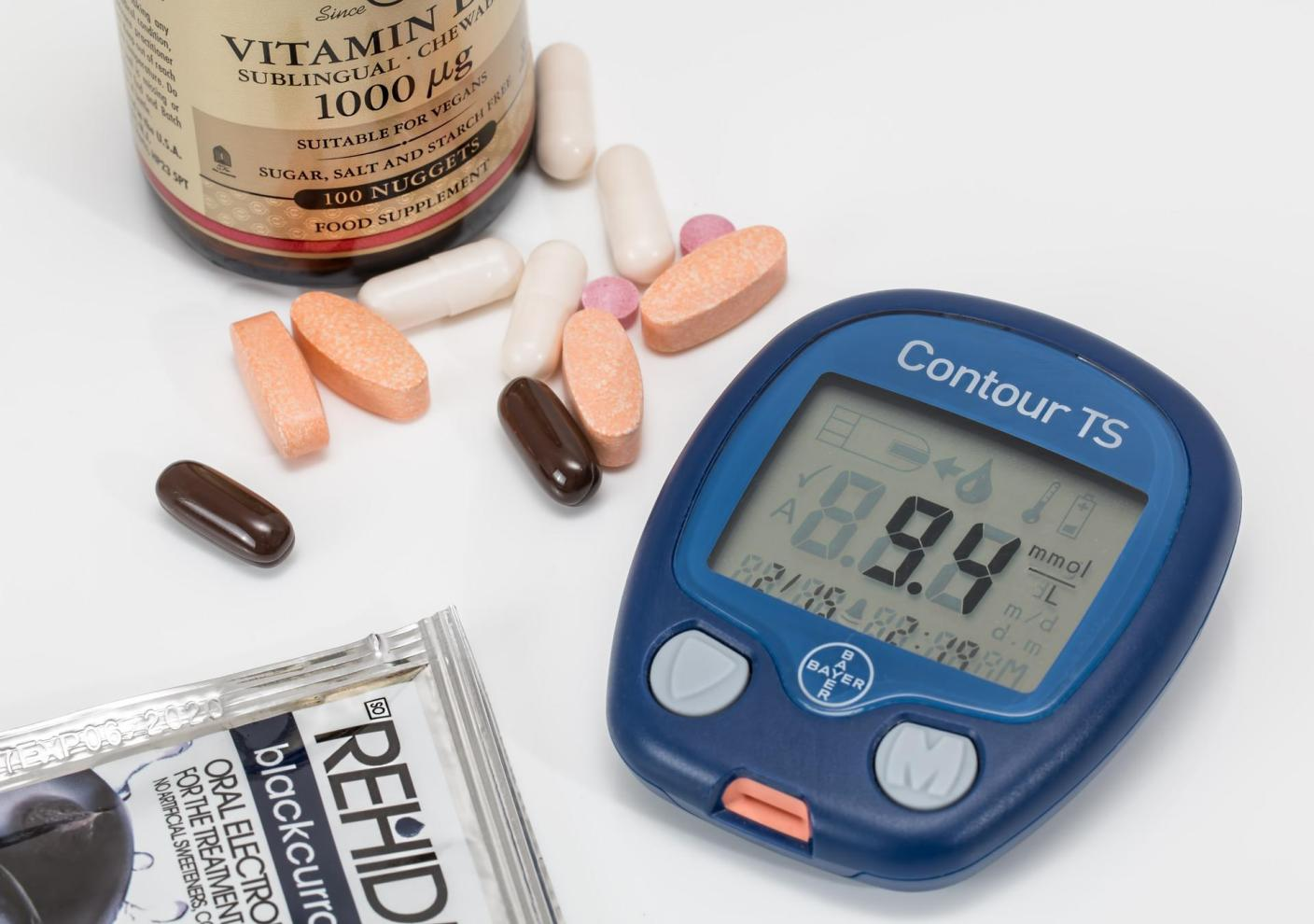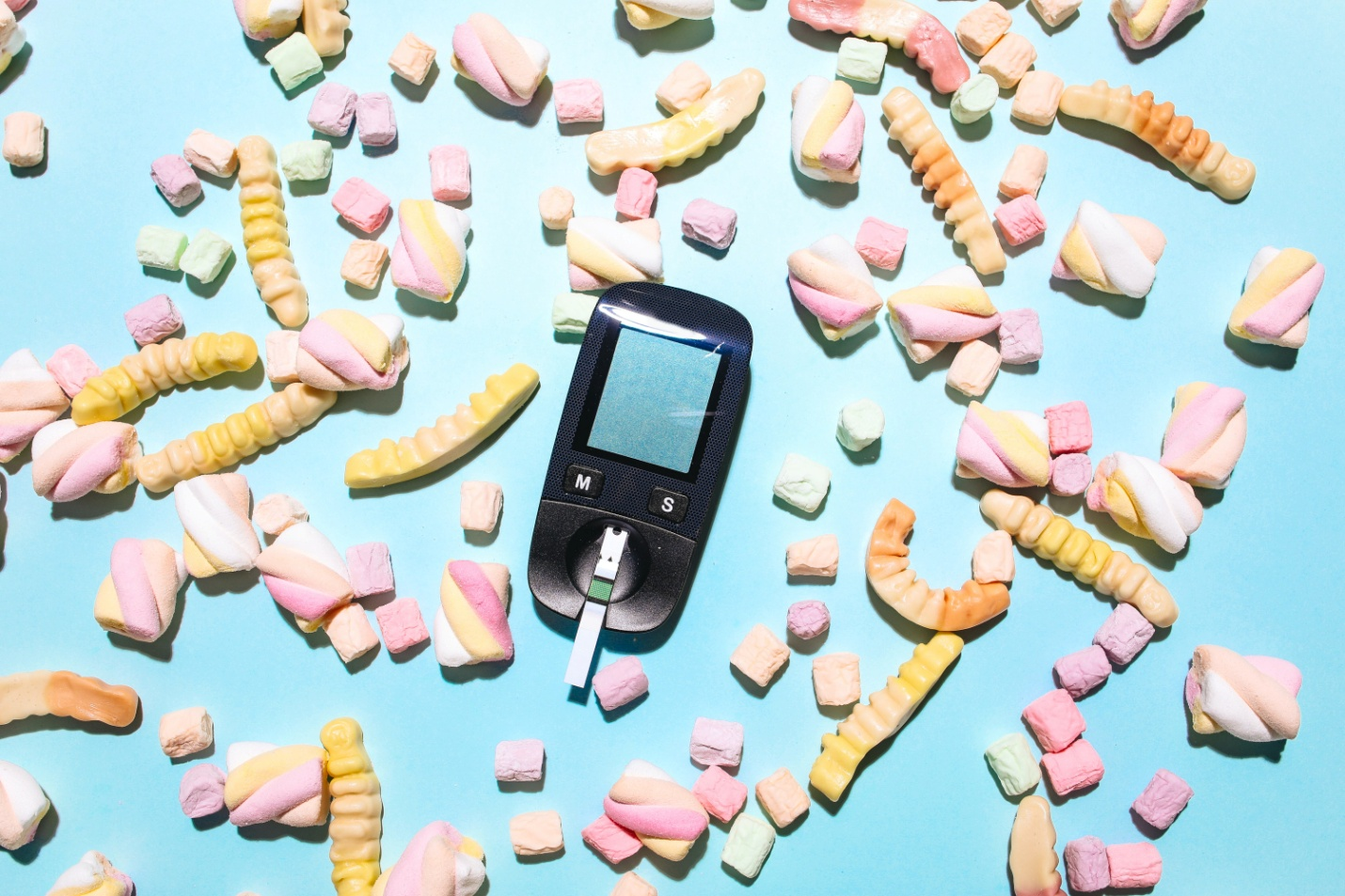What to Know About Type 2 Diabetes

Diabetes is a serious metabolic disorder that affects millions of people worldwide, and in the US, it's the eighth-leadingcause of death. This serious medical condition can have a profound affect on your health.
Although diabetes only gets progressive with time, which is why it's believed to be life-threatening, several lifestyle changes and medications for diabetes prevention lower the risk rate.
According to CDC, more than 37 million Americans are dealing with diabetes. Among that demographic, 90-95% of Americans have type 2 diabetes.
In this blog, our virtual doctors from TelMDCare will discuss everything you need to know about it.
What Is Type 2 Diabetes?
This chronic medical condition occurs when there is a problem with how the body processes blood sugar (glucose). Normally, the pancreas produces insulin, a hormone that helps promote proper sugar metabolism. However, the pancreas in people with type 2 diabetes doesn't produce enough insulin, or the body becomes insulin-resistant.
If insulin isn't appropriately managed, blood sugar levels can climb due to the resistance, leading to serious health complications over time.

Causes
1. Age: Your risk increases as you get older. This is because type 2 diabetes is more common in adults over 45.
2. Family History: If you have a parent or grandparent with diabetes, you're more likely to develop the condition yourself.
3. Obesity: Excess weight, especially around the waistline, can increase your risk of type 2 diabetes.
4. Physical Inactivity: Inactive People are more likely to develop type 2 diabetes than those who get regular exercise.
5. Race: Certain ethnic groups are at higher risk for developing type 2 diabetes. These include African Americans, Hispanics/Latinos, American Indians, Asian Americans, and Pacific Islanders.
6. Stress: High-stress levels can increase your risk of developing type 2 diabetes.
7. Smoking: Cigarette smoking increases your risk of developing type 2 diabetes and can make it more challenging to manage the condition if you already have it.
8. Prediabetes: This is when your blood sugar levels are higher than average. If you've prediabetes, you're at increased risk for developing type 2 diabetes.
Symptoms
The symptoms of type 2 diabetes can be subtle at first and may go unnoticed for years. However, as the condition progresses, the symptoms will become more severe. The most common symptoms include:
- Increased thirst
- Slow healing cuts/sores
- Fatigue
- Tingling/numbness
- Sudden weight loss
- Blurry vision
- Irritability
- Frequent urination
- Darkness around the intimate areas
If you experience any of these symptoms, it is important to schedule an appointment with an online doctor and go for testing as soon as possible. The earlier type 2 diabetes is diagnosed, the better chances you have of managing the condition and avoiding complications.
Complications
As with most chronic conditions, early diagnosis and treatment of type 2 diabetes are essential to prevent serious health complications.
Some complications associated with type 2 diabetes include heart disease, stroke, kidney disease, nerve damage (neuropathy), foot problems (including ulcers), skin problems, hearing impairment, Alzheimer's disease, and depression.

Treatment Options
Once you are diagnosed with this medical condition, various treatment options are available to help you manage the symptoms and avoid complications. These treatment options may include lifestyle changes such as diet, exercise, weight loss, or medication. The best treatment plan for you will depend on your circumstances and will be created by you and your healthcare team.
Some of the lifestyle changes that our virtual doctors suggest are:
1. 1.Weight loss: Dropping those extra pounds should help immensely. While it's ideal for you to lose at least 7% of your weight and keep off, losing 5% is good enough as well.
2. Exercise: You should incorporate 30-60 minutes of exercise or any other form of physical activity in your daily routine. Whether you want to try swimming, cycling, or running, any physical activity that increases your heart rate is good for you.
3. Healthy eating habits: Although there is no specific diet for type 2 diabetes, you can come up with a meal plan with your online doctor that's focused on:
- Adding more fruits and vegetables to your diet
- Eating fewer carbs
- Cutting back on calories
- Increasing fiber intake
Medication
If lifestyle changes alone can't help manage your type 2 diabetes effectively, your online healthcare doctors may also recommend medication. There are various medications available for type 2 diabetes treatment; which is right for you depends on your situation. Some common medications used to treat type 2 diabetes include:
- Insulin therapy
- Oral medications
- Injectable medications
- Pancreas transplant (in some cases)
Talk to your online doctor about which type of medication would be best for you based on your situation.

Get In Touch With An Online Doctor For Type 2 Diabetes Medication
If you've recently been diagnosed with type 2 diabetes, it's essential that you connect with a healthcare professional to come up with the best course of action according to your individual symptoms. At TelMDCare, we have a team of experienced online doctors who offer online consultation and offer you type 2 medication and treatment. All you have to do is schedule an appointment during hours that work best for you, speak directly with one of our certified telemedicine doctors who'll resolve your acute and urgent medical needs, and prescribe you medication accordingly. Along with acute ailments, we also treat chronic ones such as hypertension, hyperthyroidism, asthma, depression, and anxiety. See how we work or contact us today, and we'll help you get started.